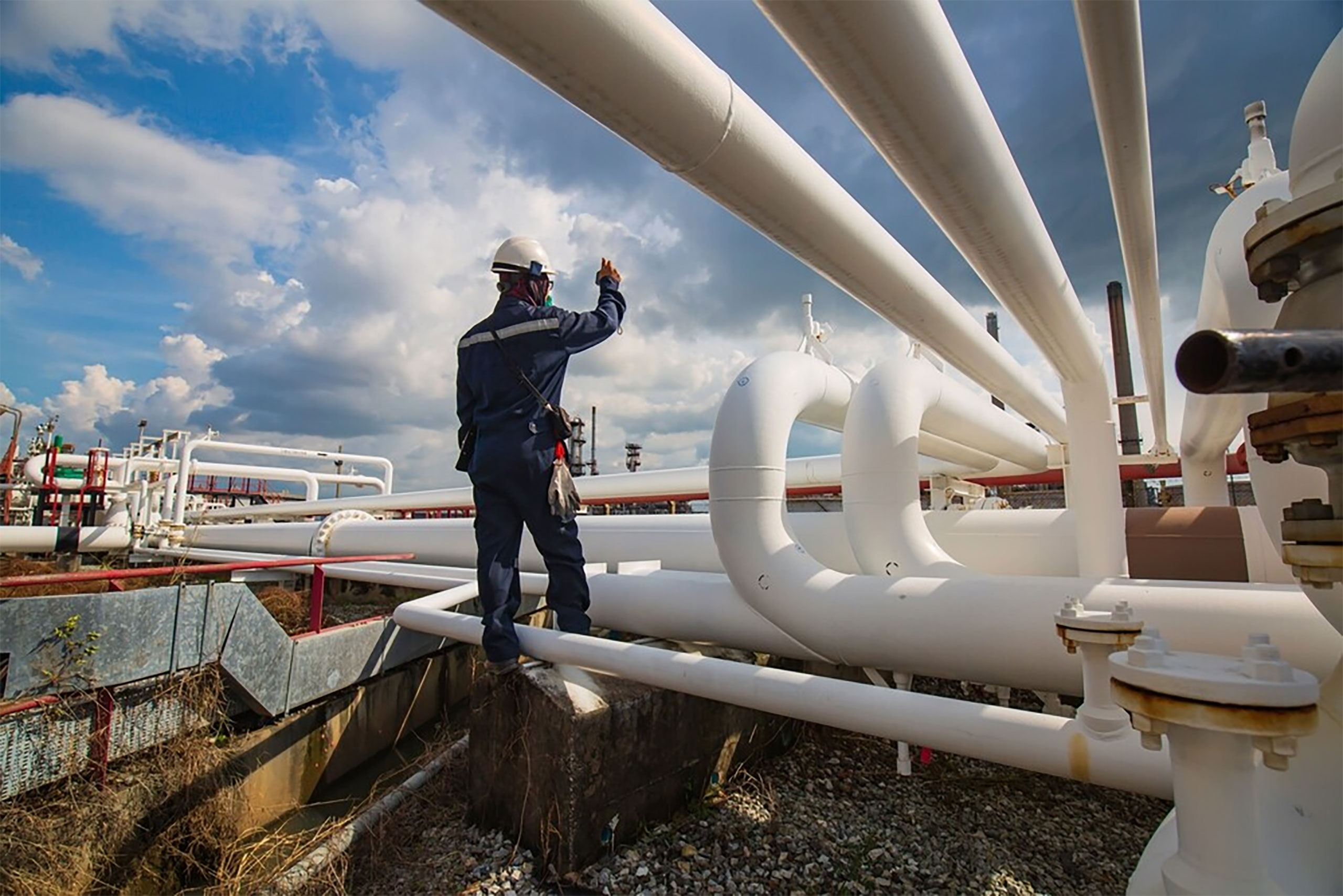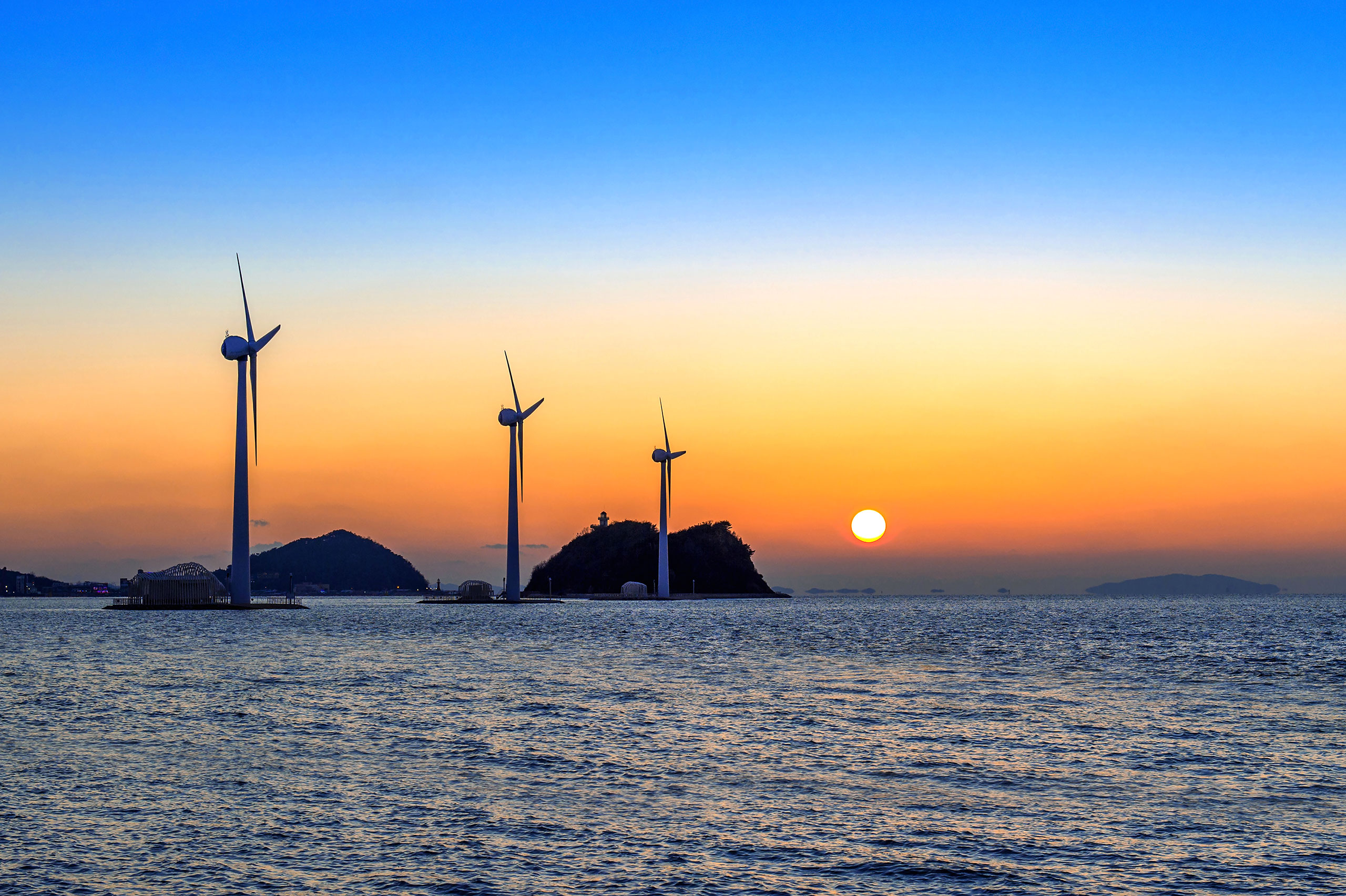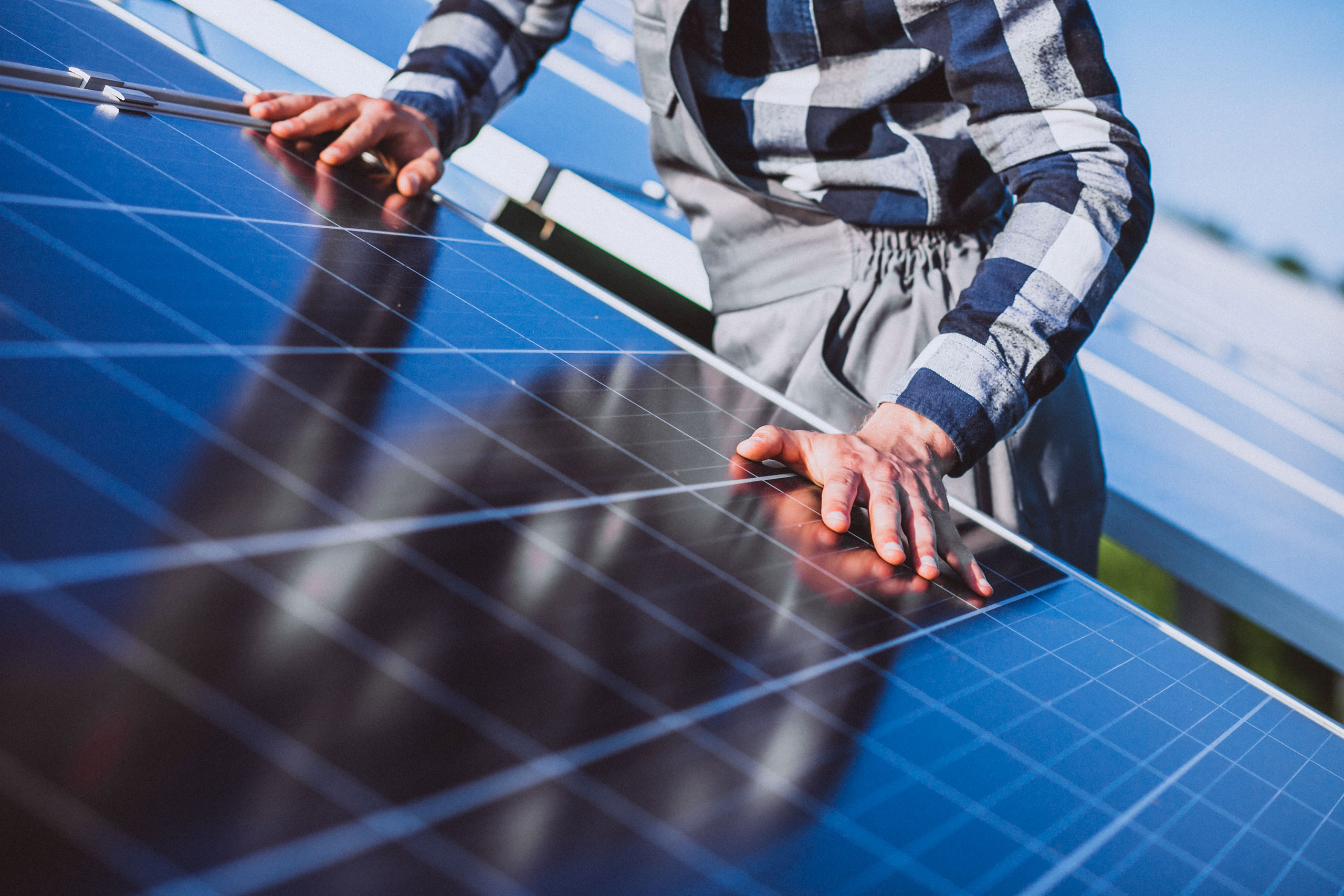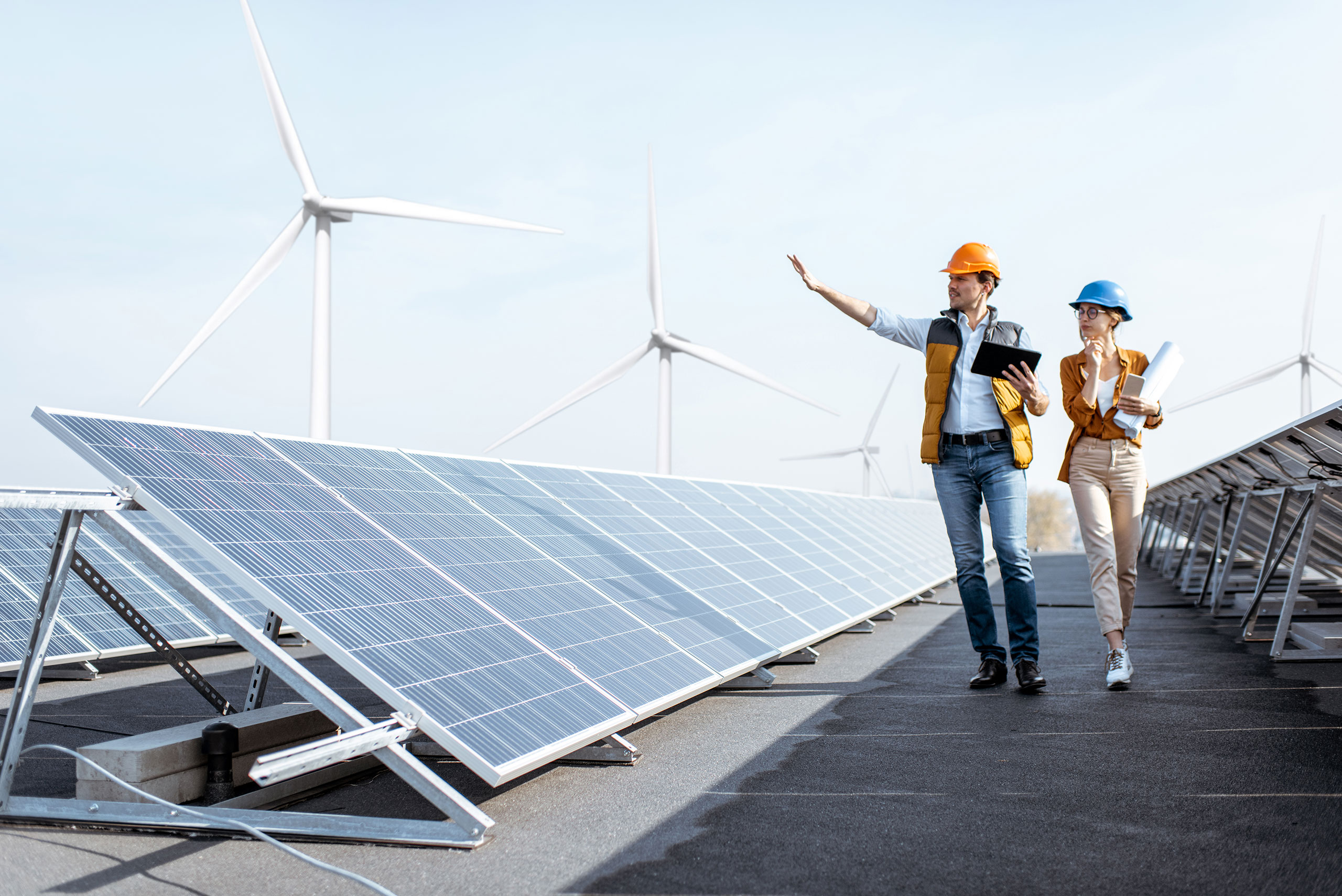The oil and gas sector plays an important role in the global economy, both through its contributions to national income and through the significant number of jobs it supports - both direct and indirect, in private companies or in the budget system. The energy transition will, over time, mean a decrease in the consumption of conventional fuels, but not a decrease in the importance of this sector in the economy. This is because new technologies and investments in renewable energy production and infrastructure are needed in Romania and internationally. And these transformations are possible using the financial capacity, business experience and, last but not least, the qualifications and professionalism of the people working in oil and gas companies.
These companies support the energy transition, both in Romania and globally. The support is based on size and financial strength, long-standing relationships with customers and energy stakeholders, capacity to develop new technologies (hydrogen, CCUS - carbon capture, transport, storage and use, etc.). An important strength of oil and gas companies is the skilled human resource that will be involved in new projects aimed at decarbonisation and renewable energy production.

These solutions have been summarised in a McKinsey analysis from 2023:
DECARBONISATION SOLUTIONS. Companies in the oil and gas sector have initiated projects - at various stages of development - aimed at decarbonisation, using experience gained and technical solutions already implemented. These can be used to lower the carbon footprint of the sector, industry or transport.
CCUS (capture, transport, storage and use of carbon dioxideThis technology involves the capture of carbon dioxide from various industrial processes, its safe and permanent transport and storage in onshore or offshore geological formations. The experience gained by companies, as well as the skills and capabilities of their employees, can be harnessed by implementing this technology. In the case of Romania, launching this type of project would also represent a form of technological leadership in the region.
Geothermal energyGeothermal energy is a form of renewable energy, derived from heat emanating from within the earth through underground rocks and fluids. It is used to produce electricity and heat. Its use is still limited in Romania, with installed power used in thermal applications. An example of good practice is Municipality of OradeaThe project will increase the geothermal energy supply to the heating network from 5% to 20-25%, thanks to European funded projects. 14.000 inhabitants of Oradea, in more than 6000 apartments, are the beneficiaries.
HYDROGEN PRODUCTION AND TRANSPORT. The capabilities and knowledge that companies have built up in both gas transport and storage are also relevant to hydrogen production and transport. This is due to similar requirements, determined by the chemical specificities: both natural gas and hydrogen are flammable gases, which are kept under pressure and require careful management.
DEVELOPMENT OF OFFSHORE RENEWABLE ENERGY PROJECTS. Oil and gas companies have experience in offshore natural gas production projects and have the capacity to develop integrated projects, including renewable energy generation, such as wind power, which in turn can be used to produce green hydrogen.

EV SHORTCUT. This component covers companies operating in the downstream area. In view of the EU's requirement to achieve a certain density of charging stations for electric and hydrogen vehicles, the current supply networks will be diversified by installing dedicated facilities for charging with electricity or alternative fuels.
Diversifying portfolios and investing in renewable energy generation capacity
Companies in this sector are investing in renewable energy capacity. At global levelFor example, in Q3 2023, the number of energy-related deals contracted by oil and gas companies increased by 50% compared to the same period in 2022.
The McKinsey analysis cited shows:
"Oil and gas players entering new energy markets usually have a competitive advantage because oil and gas and energy risk exposures can offset each other. When energy consumption remains fairly stable, reduced fossil fuel consumption translates into increased electricity or hydrogen consumption and vice versa."
This trend, whereby companies are turning to renewable energy, is also manifesting itself in Romania, which will help to secure the national energy supply.

This diversification of portfolios contributes to the continuity of the companies' operations in our country and, of course, to maintaining jobs.
New oil and gas jobs related to renewable energy
Global statistics shows that the main newly open recruitment positions in Q3 2023 were architecture and engineering (14%), management (10%), financial and business operations (8%), math and statistics related jobs (8%).





